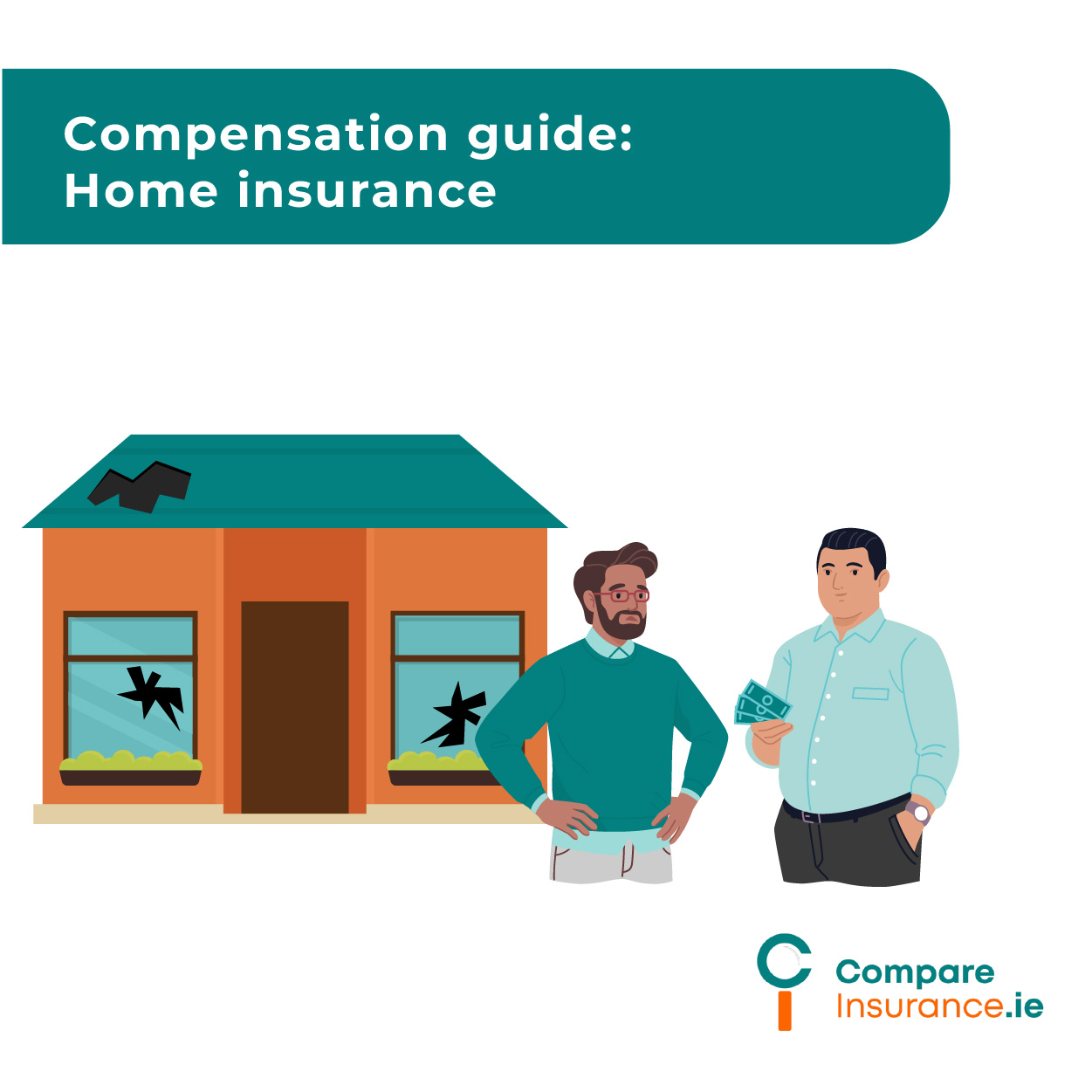Home insurance is something that you may not think about much after you have put a policy in place. Who wants to think about things going wrong or their home being damaged by fire, storm, or flood? Nobody wants to imagine what they will have to do in such a scenario.
But being aware of the steps you will need to take, as well as having a good understanding of what is and isn’t covered by your home insurance policy means that if disaster strikes, the process of making a claim will be as straightforward as possible and the stress minimised.

Making a successful home insurance claim
There are a number of factors you should take into account in making a home insurance claim and there are also ways to make the process go more smoothly.
Here are some tips and pointers to making a home insurance claim:
How much can I expect to receive for a home insurance claim?
There is no set answer to this question as the nature of each claim will vary significantly. There are some statistics around the cause of home insurance claims, and the average payout made in a home insurance claim.
Allianz has provided some statistics on the top 5 reasons for home insurance claims in Ireland. These are:
Although details of home insurance payouts are not widely available. An average payout of €3,851 for home contents insurance, and an average payout of €3,590 for buildings insurance have recently been reported.
This would roughly tally with some estimates of damage due to Storm Eowyn in Ireland in early 2025, of €112 million in total paid in claims to 27,000 claimants which might suggest an average of approximately €4,148 per claim.
Figures for the UK for 2024 have also suggested an average claim of £5,284 per claim in the second quarter of 2024 for storm damage.
Of course, these figures are averages so some claims may involve much higher amounts, depending on the extent of the damage to the home or property. It is likely that the financial impact of a home insurance claim may be multiples of these figures in some cases.
Compare Insurance
Compare insurance is committed to bring you impartial information and advice on all aspects of insurance, as well as great quotes from all insurers on the Irish market.
All home insurance claims are unique and there are many factors involved in making a home insurance claim. However, to ensure that the process goes as smoothly as possible and to maximise your chances of your claim being accepted, then follow our compensation guide.
For great home insurance that gives you peace of mind and protects you from the costs when your home or belongings are damaged, fill in our online assessment and compare quotes today.


